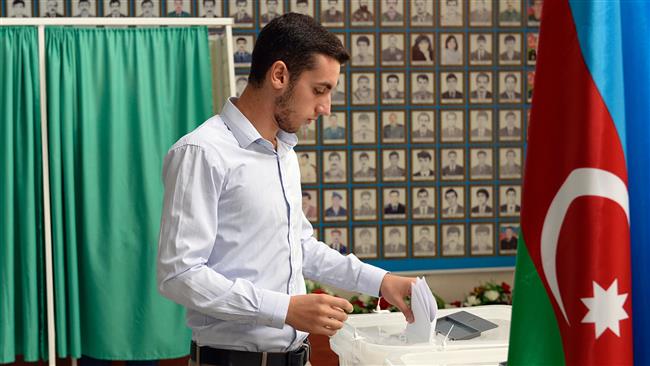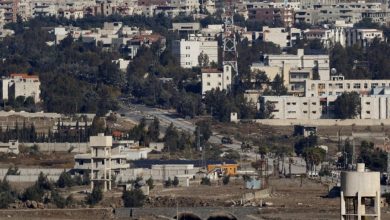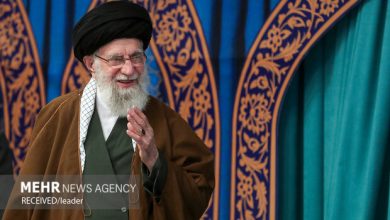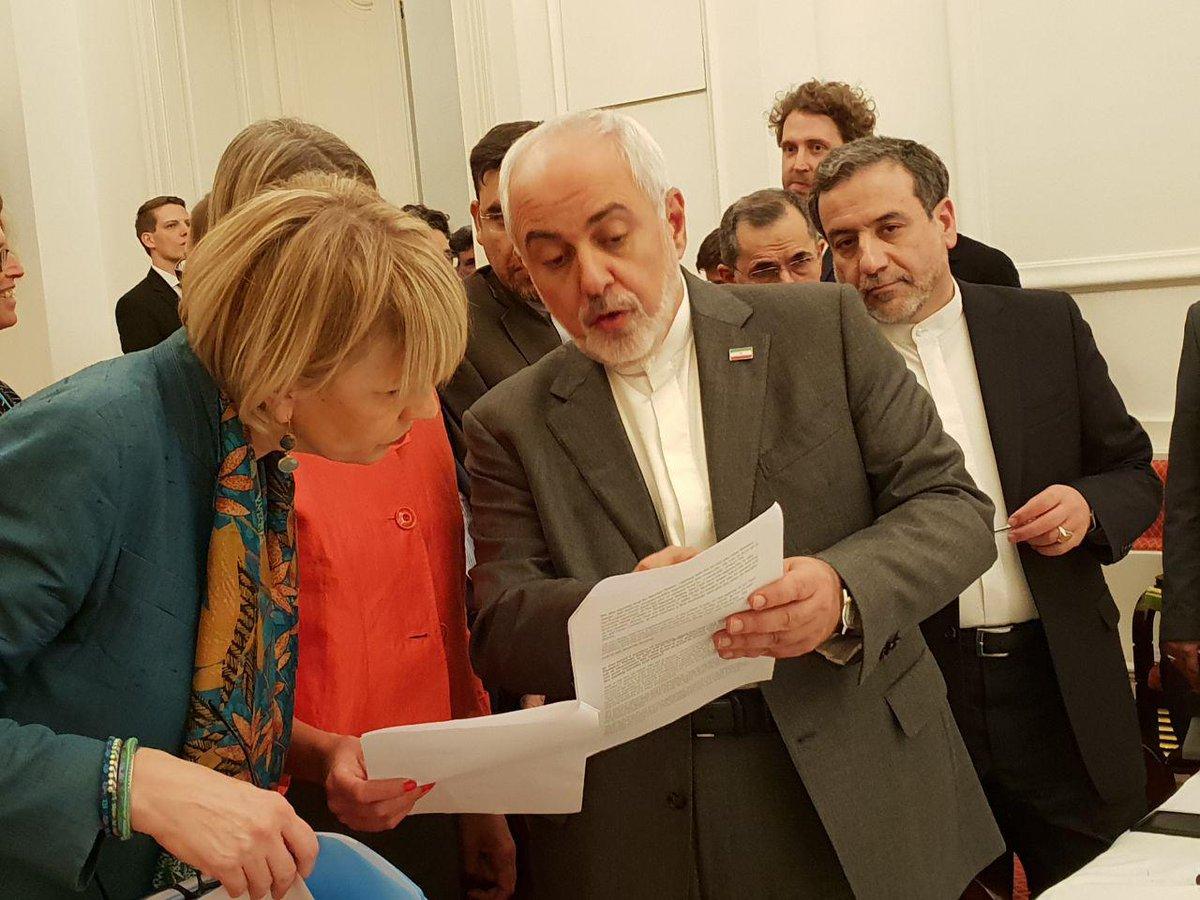Azerbaijan holds vote on constitutional amendments


Azerbaijan’s voters have taken part in a referendum to vote on numerous changes to the constitution, including boosting presidency and extending his term in office.
The poll on Monday covers 29 proposed changes in the Azerbaijani constitution which voters must approve or reject one by one.
An outline of the main changes include an extension to the presidential term from five years to seven and granting him greater executive powers including the right to dissolve parliament and call snap elections.
The new changes also include removing minimum age for presidential candidates which is currently 35 and reducing voting age from 25 to 18.
Officials say results of the complicated voting will come out in less than a month’s time.

In 2002, late President Heydar Aliyev called for a referendum on constitutional amendments that included a stipulation that the powers of the president devolve to the prime minister if the head of state resigns or is incapacitated.
Soon after, the elder Aliyev, who had been in power for a decade, appointed his son to the premiership and thus facilitated the transfer of power to Ilham who has led the country since his father’s death in 2003.
Azerbaijan’s ruling officials say the proposals included in the referendum, if accepted by the public voters, would strengthen stability and democracy in the country.
The country “is developing rapidly and people’s living standards are improving…[the amendments are] aimed at protecting stability,” said Central Election Commission Chairman Mazahir Panahov.
Parliament deputy speaker Ziyafet Asgarov said the referendum was important to help “reinforce state authorities, and ensure human rights and freedoms at a higher level.”
Government critics, however, said if the changes go through, they would create what they describe as the Aliyev monarchy, making Heydar Aliyev, the president’s teenage son, heir to the leadership.

Last week, the Venice Commission, a European watchdog of constitutional law experts, censured the constitutional amendments. The oil-rich Caspian Sea country has repeatedly been criticized for alleged human rights violations and crackdown on dissent.




